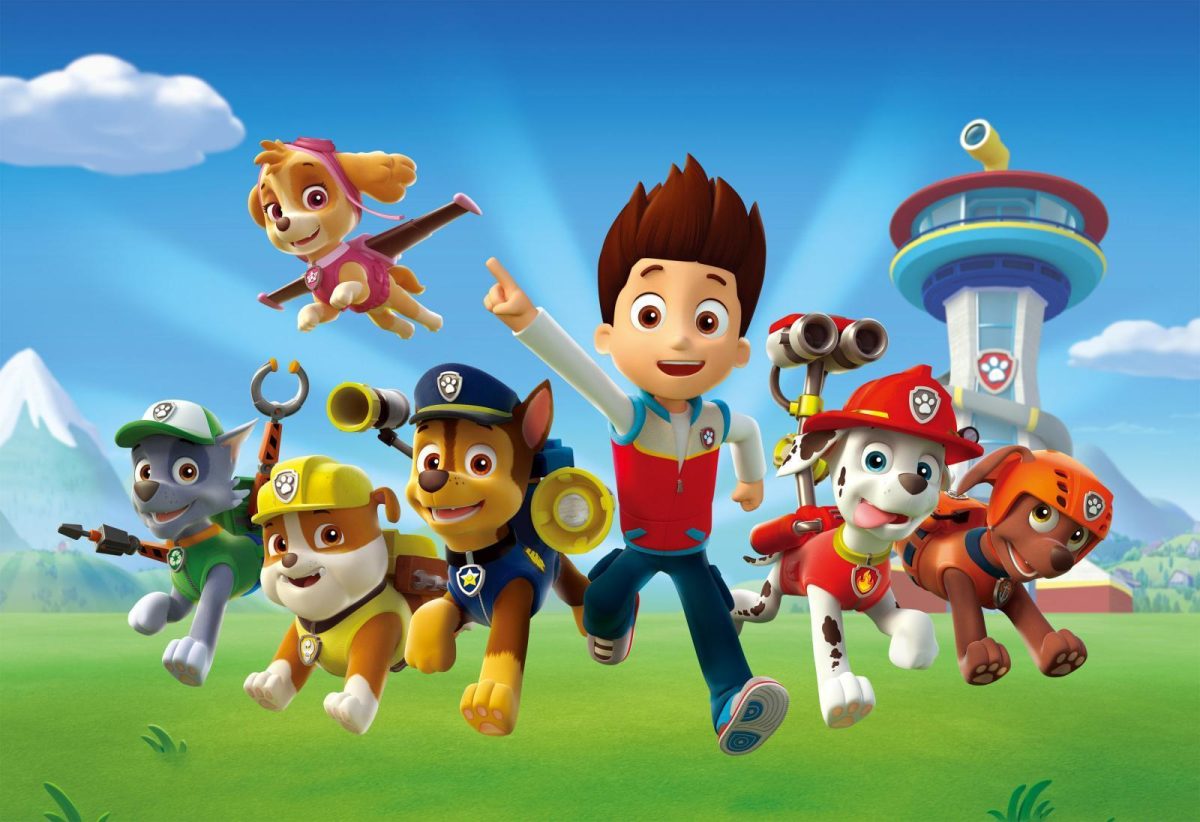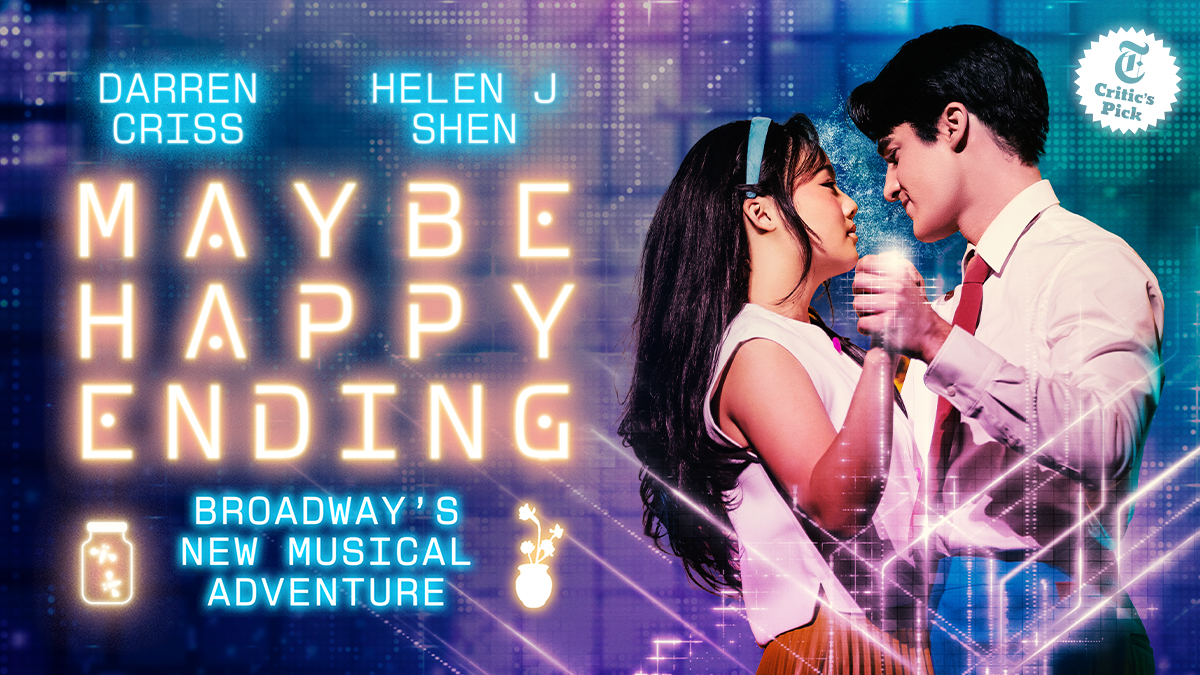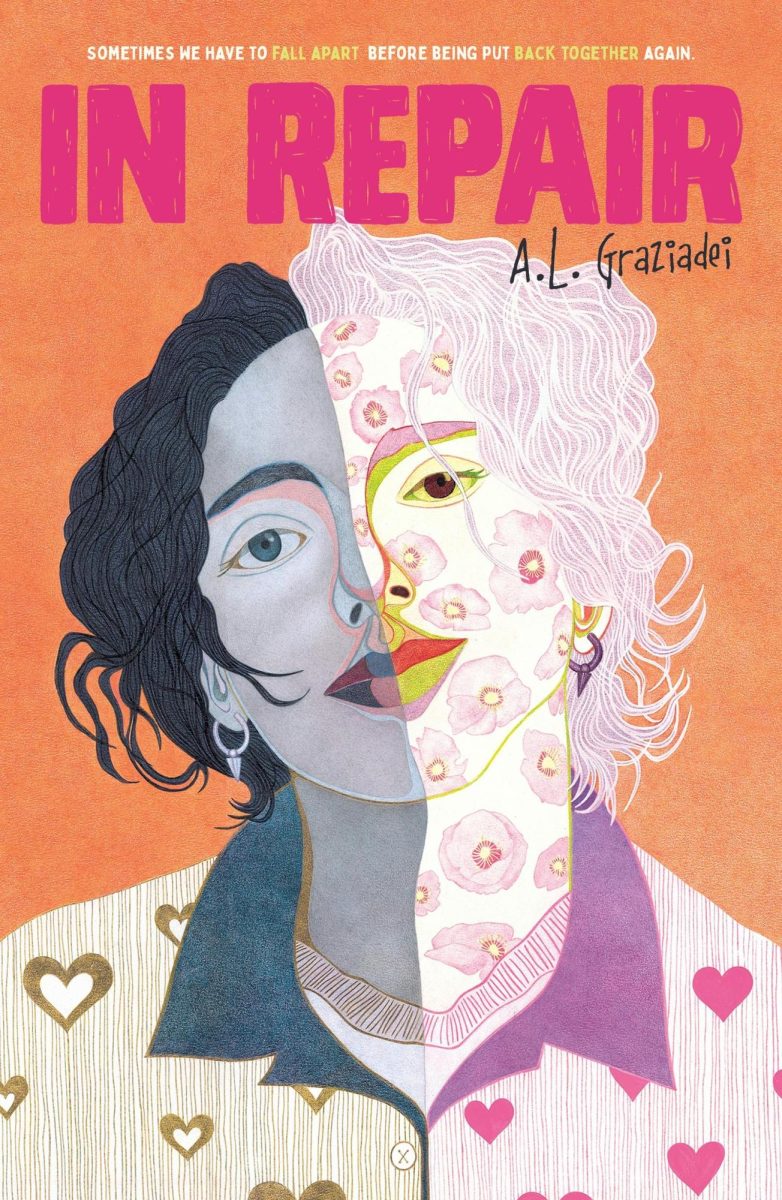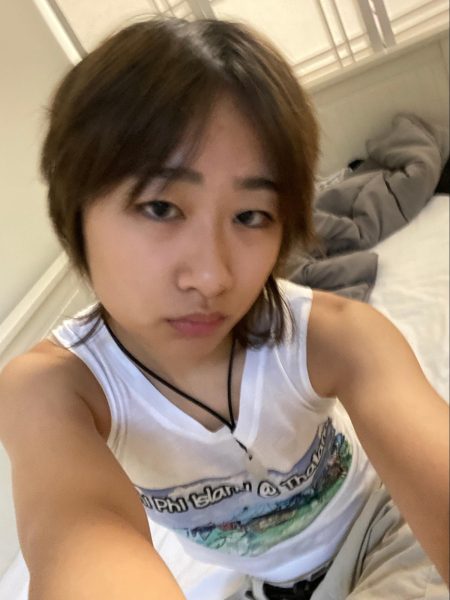
In the last few months, the United States had been hit by its fourth-hottest summer, with record-high temperatures sweeping across the country. Florida, California, and Arizona suffered blistering weather unparalleled by past summers, and temperatures have generally risen at a “dangerous pace” according to climate science expert Dr. Friederike Otto.
And lately, the pop music industry has been heating up just as dramatically. Artists like Chappell Roan, Sabrina Carpenter, and Charli XCX have, in past months, ignited the music industry with their compelling lyricism and distinctive personas—they’ve dominated the charts for months and have ushered in a new, uniquely liberating era that has left its footprint on not just music itself, but pop culture as a whole.
Senior Edison Yuan, a frequent listener of Chappell Roan, Sabrina Carpenter, and Taylor Swift, has noted the shift in the dominant genre. “A few years ago [the pop industry] was full of ‘sad girl music.’ It was like Billie Eilish and her first few albums. Now it’s not like that anymore.”
Pop music itself, as well as societal attitudes toward it, are both changing—people are now embracing the girlhood and femininity that are often associated with the genre, rather than turning away from it. Yet the consensus among the youth largely seems to be that there’s a new force behind the current pop music era: social media.
Senior Audrey Wang, a listener of all things pop and indie pop, uses Instagram to curate her music collection. “I scroll through reels and I’m influenced by the music I hear and the dances people do. If I like the music I use, I’ll add it to my playlist.”
“I found ‘Good Luck, Babe!’ on Instagram reels, so I found Chappell Roan that way. ‘Please Please Please’ was another song I heard a lot. For Charli XCX, I saw people do the [‘Apple’ dance], and I found her music through that,” said Junior Dalia Castilho, whose favorite music genres include indie pop, alternative, and R&B. “It’s really beneficial for some artists, and it’s a really good way to universalize music. But, also, I’ve seen a lot of these artists talk about the pressure to constantly post and market themselves on social media.”
Senior Victoria Wu, who enjoys listening to “basic pop artists” in the likes of Ariana Grande, Billie Eilish, and Taylor Swift, has observed how short-form media has directly impacted music. “People’s attention spans are a lot lower than before, and overall it’s good for artists to be in the spotlight for TikTok trends. But the negative is that songs become short now.”
At the same time, Wu acknowledges the strength of social media platforms: “It ties people together, and almost everyone in our generation knows these songs.”
Regardless of social media usage, these artists have had massive impacts on pop culture as a whole, through both music and activism.
“Last year was ‘Barbie summer.’ This year was ‘brat summer,’” Castilho said in reference to Charli XCX’s latest album. “‘Brat summer’ is about being authentic. Everyone’s a little brat, everyone has parts of themselves that aren’t perfect. It’s all about living truthfully.”
In some ways, Brat recalls past social media trends like “rat girl summer” and “feral girl summer.” Just as their names suggest, these trends encourage women to live unapologetically: to eat well, chase after the simple joys in life, and reject the fear of acting “cringe” or embarrassing.
“Chappell Roan is a lesbian and that’s really groundbreaking,” Yuan said. He’s right—since the beginning of her career, she has been bringing the queer experience into the mainstream, sharing her own painstaking journey navigating internalized homophobia and relationships.
Besides that, she is unwavering in her campy, over-the-top displays of femininity. She makes frequent appearances in music videos and concerts in drag, an art form many had formerly considered to be reserved for a small niche of gay men. Red hair, white foundation, and bright blue eyeshadow are all staples in her appearance, and she frequents the stage wearing bodysuits bedazzled with sequins and rhinestones.
Sabrina Carpenter has become a cultural icon too. Her blonde hair and saturated blush are instantly recognizable, and hits from Short n’ Sweet have become a department store staple.
And just like Charli XCX and Chappell Roan, her signature style is irrevocably intertwined with her identity as a woman—chunky heels, glitter minidresses, and doll-like makeup are all key components of her look. And unlike the two others, she exudes femininity in a more traditional sense, with hair and dress that calls back to styles of decades past. She’s bringing the fun and girly style back into the mainstream in an era dominated by darker, more mature aesthetics.
There’s no denying that we’re knee-deep in the midst of a new era of pop music—“older” stars like Taylor Swift may still be relevant, but they’re no longer at the forefront of our attention. Rather, we’ve collectively turned to newer, fresher beats from people who diverge from the “traditional” canons of pop music—all while staying true to their femininity. And they might not solve our impending climate crisis, cool down the earth with their catchy tunes; regardless, they’re making waves in their own right.








